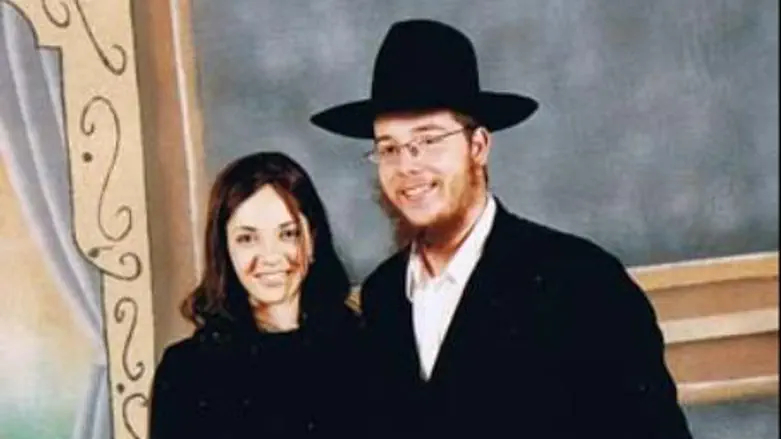
India marked the fifth anniversary of the Mumbai attacks on Tuesday with memorial services and prayers to honor the 166 people killed in the three-day assault by Pakistani terrorist savages.
Victims and government ministers laid wreaths at a memorial in south Mumbai dedicated to police and security forces killed trying to stop the Islamist gunmen during 60 hours of carnage.
Ten terrorists arrived by sea on the evening of November 26, carrying out a massacre at the Jewish Chabad center, hotels, a railway station and a cafe as terrified civilians tried to escape the bloodbath.
Six Jews were murdered at the Chabad House: Chabad emissaries Rabbi Gabriel Holtzberg and his wife Rivky, who was five months pregnant; Rabbi Aryeh Leibush Teitelbaum, Rabbi Benzion Korman, Norma Shvartzblat Rabinovich and Yocheved Orpaz.
Live television footage was shown around the world as commandos battled with the gunmen, before authorities finally regained full control of the city three days later. About 300 people were injured.
Devika Rotawan was 10 years old when she was shot in the leg as the terrorists roamed Chhatrapati Shivaji Terminal (CST), firing indiscriminately at people.
"My life was peaceful before the attacks... it is not the same now. Though my leg has recovered, it still pains when I run or walk for a long time," Rotawan told AFP.
"The memories of the attacks as still fresh... each time I go to the CST station, I get shivers."
Rotawan, who turns 15 next month and wants to join the police force after finishing school, marked the day by praying for peace for her family and her city.
Maharashtra state's chief minister, Prithviraj Chavan, and top police officers laid floral tributes at the memorial along Mumbai's Marine Drive – just a short distance from the spot where the then sole surviving gunman was captured.
Pakistani national Mohammed Ajmal Kasab, was hanged last November after a lengthy trial for his role in the attacks.
Both New Delhi and Washington blame the attacks on the Pakistan-based terrorist group Lashkar-e-Taiba.
On Tuesday, security was strengthened at the places which came under siege, including the landmark Taj Mahal Palace hotel which will hold its own private memorial service later in the day.
On the eve of the anniversary, the author of an acclaimed new book on the tragedy warned that India failed to learn the lessons from the assault.
Adrian Levy, whose book "The Siege" highlights striking failures in Indian authorities' response to the attacks, said he feared security had barely improved since then.
India's Hindustan Times newspaper also questioned the city's security and pointed to still "fraught" ties with Pakistan despite efforts to improve relations between the two rival neighbors.
"Questions remain about our ability to respond in the face of another attack" particularly to protect the long city's coastline from a terror attack, the newspaper said in an editorial.
India has pressed Pakistan to bring the alleged masterminds of the attacks to justice. Pakistan charged seven men in 2009 over the attacks and has started a trial there, but says it needs to gather more evidence before proceeding further.
Rotawan, who was a key witness in the trial against Kasab, said: "I have seen no change in the past five years. The government is not capable of preventing further terror attacks."